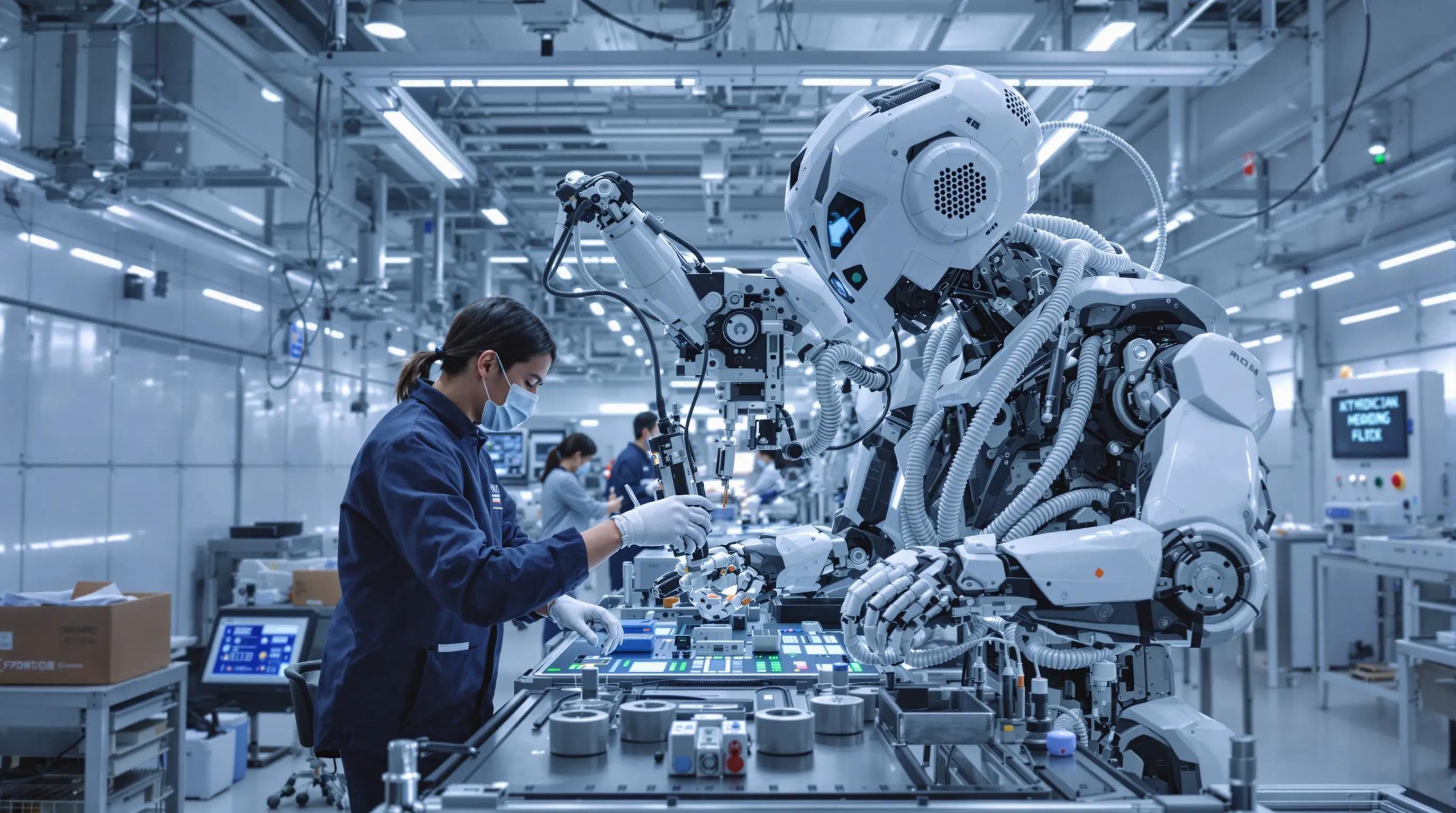May 11, 2024|4 min reading
Embracing the Future: The Transformative Impact of Artificial Intelligence

Welcome to a journey through the fascinating evolution of artificial intelligence (AI)! From its early days as a niche academic pursuit to its current status as a transformative force in society, AI has moved from the fringes of technology to the center of our future aspirations and ethical debates. This blog will delve into the profound implications of AI's rapid development and the visionary perspectives shaping its trajectory.
The Evolution of AI: From Fringe to Forefront
Nearly fifteen years ago, mentioning AI or artificial general intelligence (AGI) in a serious academic conversation could lead to skepticism and dismissal. Back then, AI was considered a distant, almost science fiction-like fantasy. However, the tireless efforts of technologists and visionaries have dramatically shifted that perception. Today, AI isn't just a reality; it's a rapidly advancing field that has begun to surpass human capabilities in areas like image recognition, language translation, and even complex strategic games like Go and chess.
AI's Expanding Influence
As AI continues to evolve, it has begun tackling more significant and more complex problems. From driving cars to managing energy grids, AI's capabilities are expanding into almost every aspect of human life. This expansion raises important questions about AI's role in future societal structures, such as its potential to address the climate crisis, revolutionize personalized education, and redefine the need for human labor with concepts like universal basic income.
The Metaphor of AI as a Digital Species
One of the most compelling ways to understand the emerging role of AI is through the metaphor of a new "digital species." This analogy helps us grasp AI's function not merely as a tool but as a partner in our daily lives and our collective future. AI systems today exhibit traits that make them seem less like inert tools and more like active, evolving entities with personalities, memories, and problem-solving capabilities. This perspective invites us to consider the ethical, practical, and philosophical implications of AI as an integral part of our societal evolution.
Ethical Considerations and the Future of AI
As AI's capabilities grow, so do the ethical considerations it brings. The potential for AI to impact every aspect of our lives—from privacy concerns to decision-making in critical areas like healthcare and criminal justice—requires us to approach its development with caution and responsibility. Furthermore, as AI begins to perform tasks that involve human interaction and personal data, ensuring these systems are designed with fairness, transparency, and accountability becomes paramount.
Preparing for the AI-Powered Future
The journey towards an AI-integrated society is not just about technological advancement but also about societal readiness. Embracing AI means preparing for changes in job structures, data management, and even interpersonal relationships. As AI becomes more ubiquitous, ensuring that these systems enhance rather than diminish human capabilities will be crucial.
Conclusion: Shaping the AI Landscape
The path we are currently on with AI is one of profound transformation. As we continue to develop and integrate AI into every facet of our lives, the questions we ask, the policies we implement, and the ethical standards we uphold will shape not just the future of technology but the future of humanity itself. Engaging with AI from a place of informed understanding and proactive ethics will help us harness its potential while mitigating its risks.
AI represents not just a new chapter in the book of technological advancement but a rewrite of the human experience itself. How we approach this chapter will define our future.
Explore more

Sora Video Generation Launch: Revolutionizing Creative AI
Discover the groundbreaking Sora video product launch, redefining AI-powered creative tools for global users.

The Race for Artificial General Intelligence: Superintelligence and Society
Explore the debate on artificial general intelligence and superintelligence, featuring expert insights on its possibilit...

NVIDIA and Japan: Driving the AI Revolution in Industry
Explore NVIDIA's role in Japan’s AI revolution, from AI agents to robotics, reshaping industries and powering innovation...
